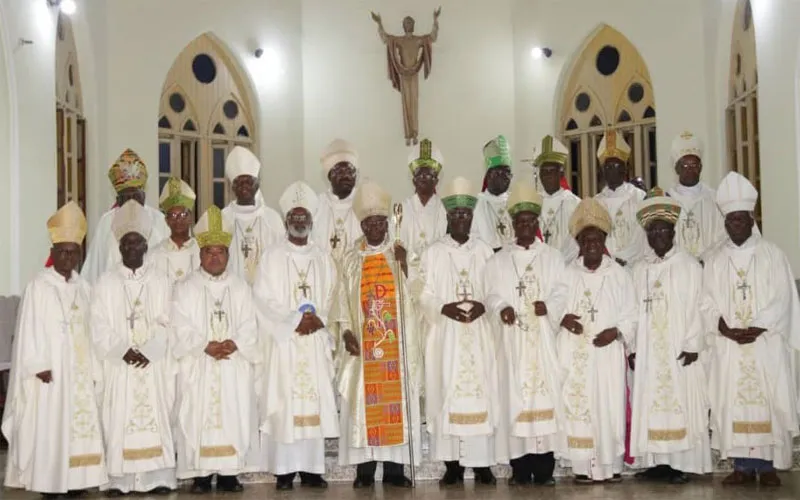Cape Coast, 17 November, 2019 / 8:39 pm (ACI Africa).
While the controversy-ridden International Conference on Population and Development (ICPD25) was concluding in Kenya’s capital Nairobi with 11 States issuing a joint statement faulting the organizers of manipulating the process leading to and content of the Nairobi Summit to suit pro-choice agenda, Catholic Bishops in the West African country of Ghana were deliberating, among other matters, one of the controversial and divisive issues in the Nairobi meeting: “Comprehensive Sexuality Education and LGBTQ.”
A joint statement by 11 countries, four of them African, expressed displeasure in the use of the term sexual and reproductive health and rights (SRHR) because it “has been used to aggressively promote practices, like abortion.”
The 11 States decried changes made to the initial ICPD held in Cairo 25 years ago stating that unlike Cairo’s ICPD Program of Action, which envisaged that adolescents are given “information, education and counselling to help them delay early family formation, premature sexual activity and first pregnancy,” ICPD25 seemed to promote SRHR, a term “used to promote a brand of sex education that fails to appreciate the protective role of the family and often condones unhealthy sexual risks for young people” characteristic of Comprehensive Sexuality Education (CSE).
In Ghana, Catholic Bishops meeting for their Annual Plenary Assembly expressed appreciation for the decisive stance of the President of their country, specifically for “assuring all Ghanaians that Comprehensive Sexuality Education (CSE) will not see the light of day under his Government.”
“The general uproar that greeted this controversial CSE curriculum is broadly indicative of what should be expected, when an externally imposed policy is accepted without adequate engagement of citizens who would be affected by it,” the Bishops stated in a communiqué dated November 15 issued at the end of their weeklong meeting in Cape Coast.








